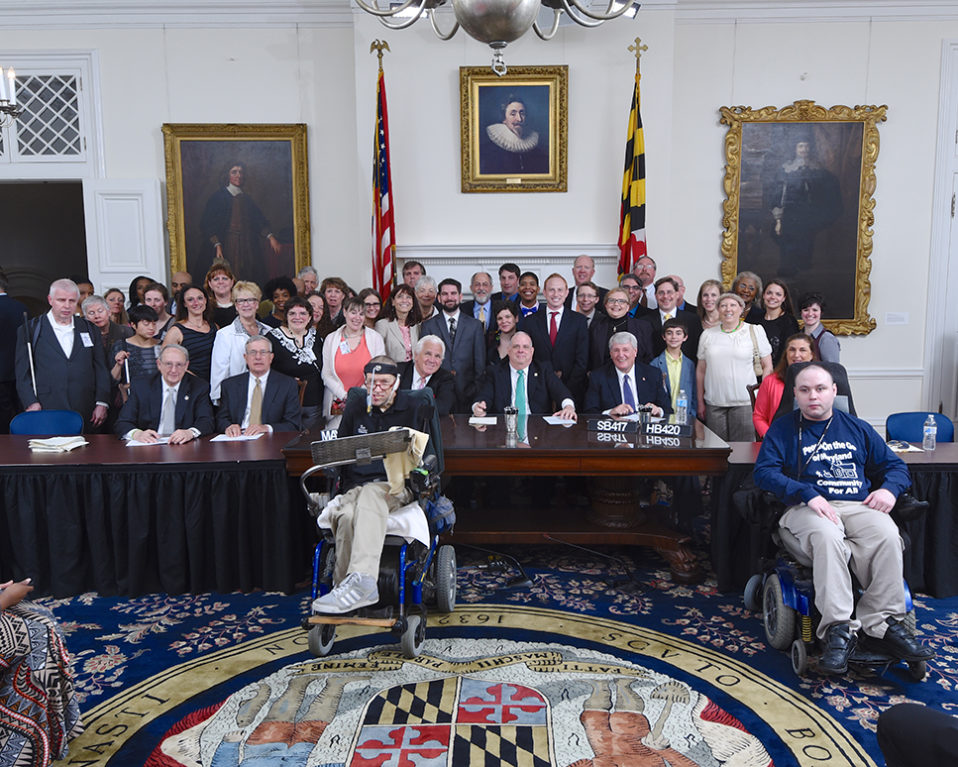As advocates for youth and families in Baltimore City, the Coalition to Reform School Discipline thanks the Department of Justice (DOJ) for its thorough investigation and applauds its recommendations for sweeping reforms in response to overwhelming evidence of decades of constitutional violations of citizens’ rights by the Baltimore Police Department (BPD) that significantly impact African-American communities and individuals with disabilities. While the DOJ report focuses on BPD, we are especially troubled by findings that the City has used the Baltimore School Police as an auxiliary of BPD and that there is a clear lack of coordination between the two forces. This raises questions about whether school resources allocated to school police are being used to support the role of BPD. City Schools’ resources would be better spent on academic services, restorative practices, and ongoing professional development involving administrators, teachers, and school police.
DOJ further found that the BPD policies, procedures, training, and oversight are significantly deficient, contributing to unconstitutional and illegal practices, including the excessive use of force against young people. At the moment, Baltimore School Police have no policies, limited training relevant to working with youth, and insufficient oversight. The concerns in the DOJ report apply to school police, and it should trouble parents that City Schools is moving forward with redeploying officers into schools without proper policies in place. The Coalition to Reform School Discipline has expressed concerns about the lack of policies, procedures and proper oversight for the Baltimore School Police for nearly two years. We believe that clear policies and training governing how and when school police interact with students, school employees and the community are critical. We encourage City Schools to move swiftly to implement comprehensive policies and procedures with input from the community, students and advocates that ensure that students’ rights are protected.
We acknowledge, and are hopeful, about the willingness of Acting School Police Chief Hamm to tackle these difficult issues. We are encouraged that school based arrests declined last year; however, there is significant work that still needs to be done to ensure that City Schools provides safe and positive learning environments for all students.


